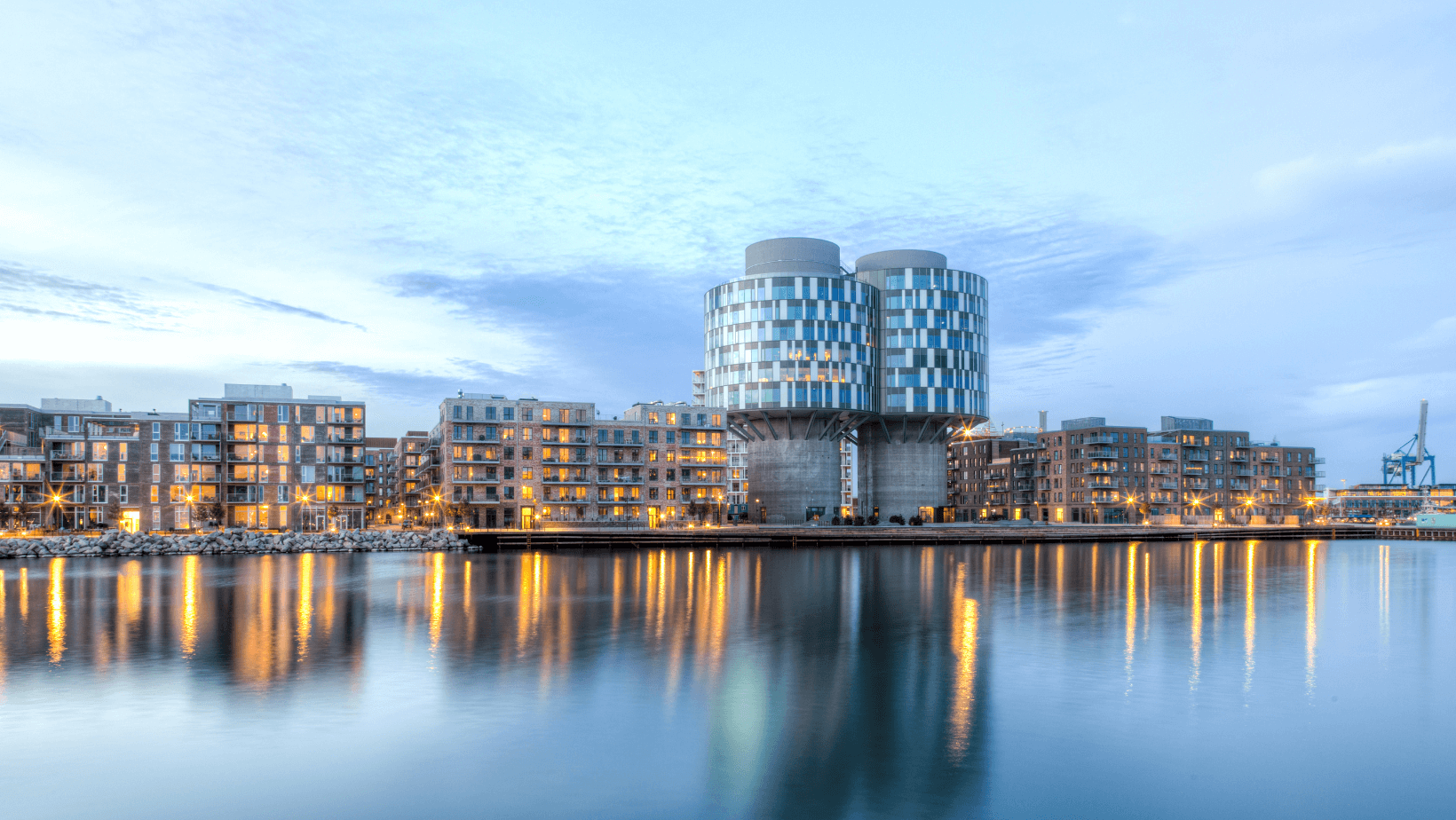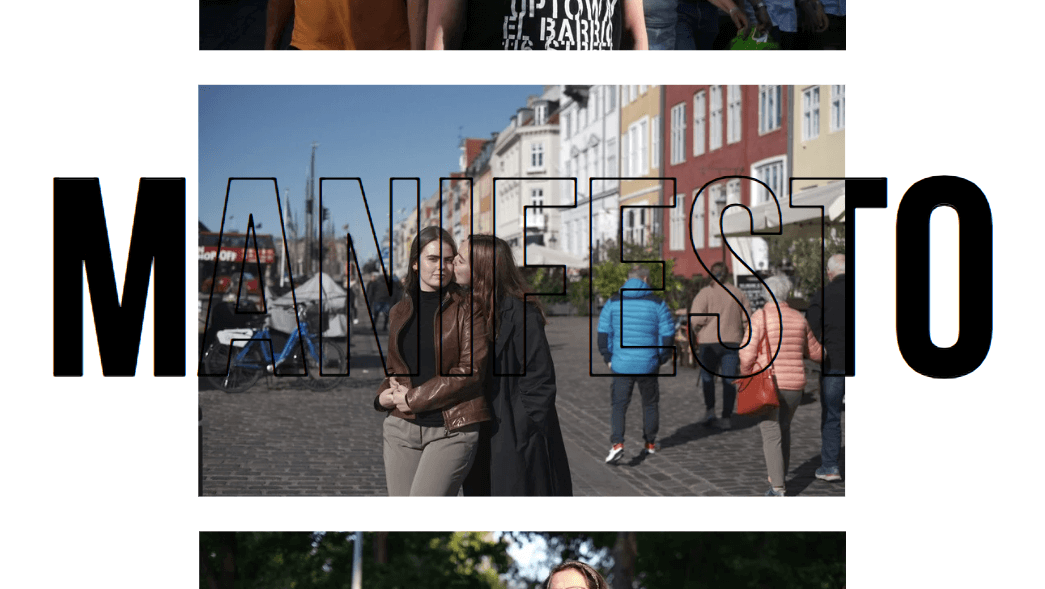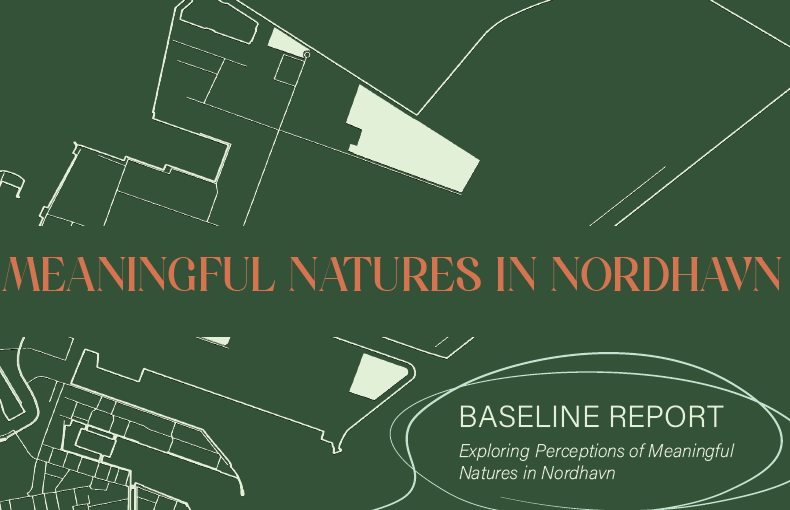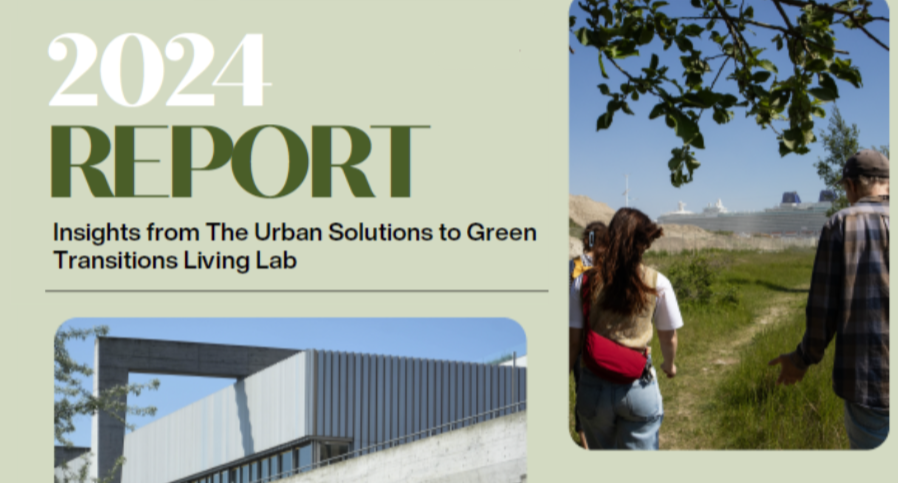Urban solutions to green transitions

How do we engage diverse voices and perspectives in sustainable urban development? How can biodiversity be integrated into the development of dense and green neighbourhoods? Which types of data are needed and how can data be used to balance neighborhood social and ecological identity in the face of rapid development? And how do we realize equitable access to housing and outdoor recreational spaces in the face of rising development costs? These questions and more are what the Urban Solutions to Green Transitions Living Lab in Nordhavn will try to answer.
We invite researchers, practitioners, policymakers, and local stakeholders to engage in our lab and help develop a new platform for exchange, collaboration, and solutions to these pressing challenges.
Nordhavn will serve as a focal point for lab activities to develop solutions specific to ongoing and rapid development and draw lessons that can apply to other sites of urban green transitions globally.
In our Living Lab, we will:
- Make pilot projects with the end-users
- Hold a speaker’s series and arrange field trips in Nordhavn
- Make long-term data gathering and observations
- Make connections to UCPH teaching/courses and supervision of students
- Special focus on engaging young scholars
- Develop applied research with private, public companies, NGOs and citizens
As a start, we will focus on these 3 topics:
- Nature-based solutions - How do we manage for diverse values, preferences, and visions for human well-being, social cohesion, and ecological sustainability in the development and management of urban nature?
- Digital infrastructure - How does a digital approach to neighbourhood building mediate the configuration and development of urban sustainability? And to whose benefit?
- Post-industrial development - How can we trace the links of the past to the present in models for circular economy and neighbourhood development?



